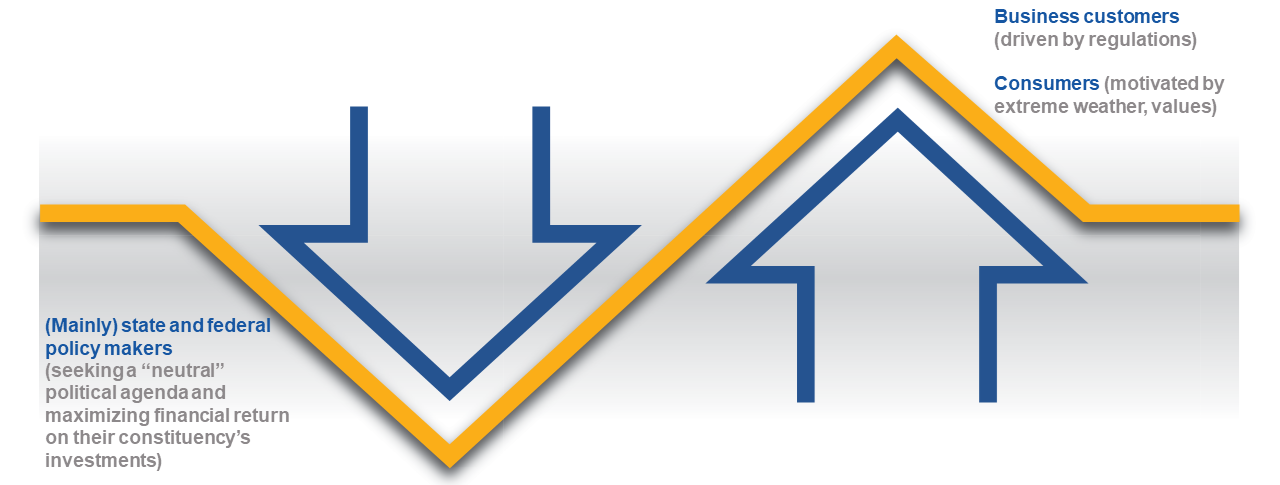
While about half of US companies have experienced backlash from policymakers who have been critical of corporate environment, social, and governance (ESG) initiatives, the demand for information about sustainability is nonetheless growing in both B2B and B2C marketplaces. Businesses need the information to respond to regulations and support their own ESG agendas. Consumer interest is driven by multiple factors including extreme weather events and concerns about brands’ values.
In late 2023, only 47% of US consumers said they felt well-informed about corporate sustainability initiatives, according to our latest sustainability-focused consumer survey. This suggests companies have an opportunity to communicate their sustainability initiatives more effectively—to both B2C and B2B customers.

Read more in Communicate Sustainability in Near-Term Goals, Economic Gains, and Simple Words.
